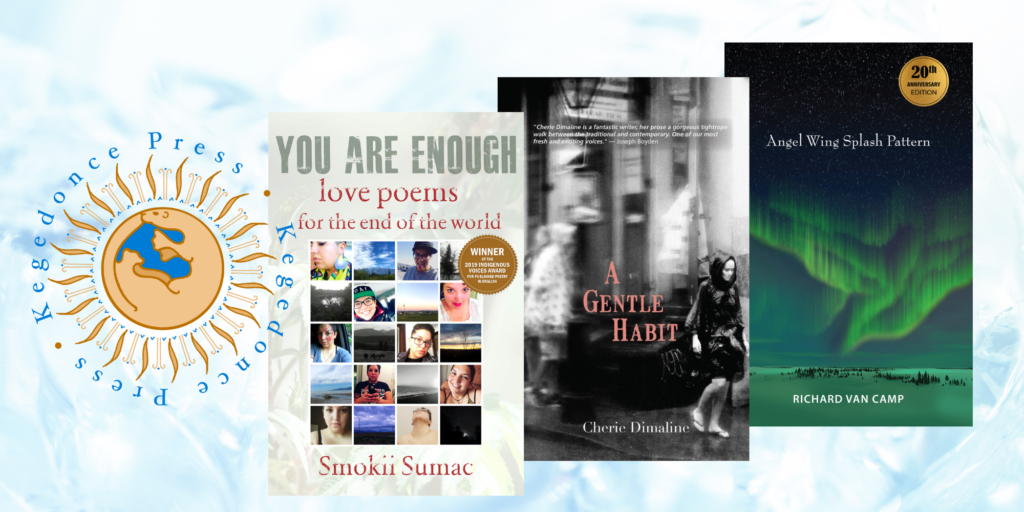Commercially available information resources about Indigenous Peoples in Canada – whether historical or contemporary – have long represented the colonial settler perspective. Content ranging from scholarly monographs and articles, to ethnographic video studies, to primary source archives pertaining to settler-Indigenous relations and interactions – going back to the earliest colonial contact – commonly focuses on Indigenous histories, knowledges, practices and more as subjects to be studied from a western colonial intellectual and academic tradition. The associated research, in turn, has and continues to acknowledge and respect the sovereignty of Indigenous Peoples over their knowledge, practices, and lived experiences.
Many COPPUL libraries’ collections contain content that fits this characterization. As libraries work towards truth-telling and reconciliation, it is imperative that we acknowledge that our collections hold harmful materials, notwithstanding the historical value in making it available for study. It is incumbent upon libraries to work with traditional library vendors to situate information resources in ways that provide truthful context for readers.
- When vendors sell historical content to libraries that include settler-colonial representations of history and Indigenous peoples, such as primary source archives, libraries must advocate for the inclusion of Indigenous Elders and Knowledge Keepers in the review of the content and in the preparation of any framing contextual information.
- Libraries should actively advocate for a reconsideration and rewriting of descriptive language that reflects the values of earlier eras, (e.g. “pioneers”, “explorers”, “discovery of new lands”, etc.). Terminology should reflect the history of settler-Indigenous relations as we now know it to be, including the reframing of resources already in library collections.
- Libraries should advocate for vendor consideration of First Nations Principles of OCAP – “ownership, control, access, and possession…(which) assert that First Nations have control over data collection processes,and that they own and control how this information can be used.” https://fnigc.ca/ocap-training/
Privileging Indigenous Publishers and Distributors
It is incumbent upon libraries to actively seek information sources from Indigenous vendors and creators. We must work towards balance in our collections by adding sources – in all formats – by and for Indigenous authors, researchers, film makers, and other creators.
COPPUL member libraries may work to form their own recommendations for vendors and suppliers. For example Vancouver Island University librarians Jean Blackburn, Dana McFarland and Patricia Geddes have developed “SITUATING REPRESENTATIONS OF INDIGENOUS KNOWLEDGE IN PLACE & CONTEXT: RECOMMENDATIONS FOR VENDORS” (2021).
See: https://library.viu.ca/IKRecsForVendors
(CC-BY-NC-SA https://creativecommons.org/licenses/by-nc-sa/4.0/ )


